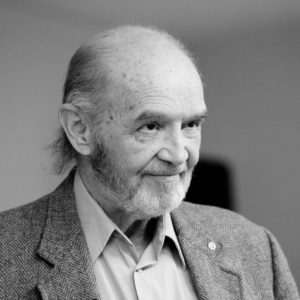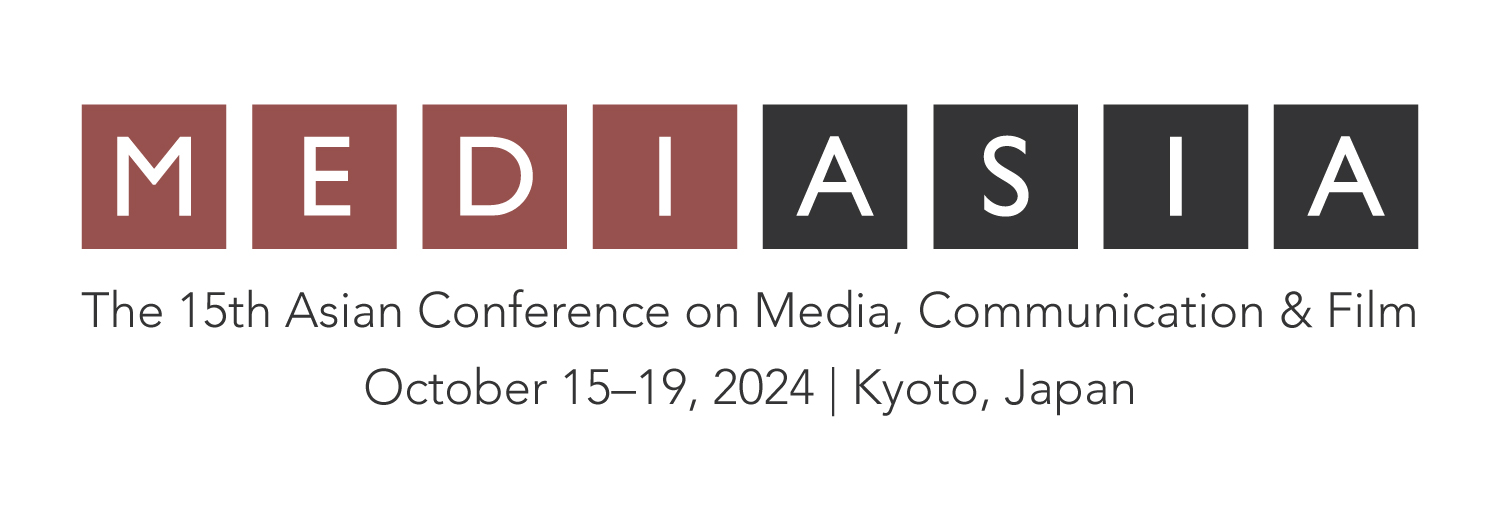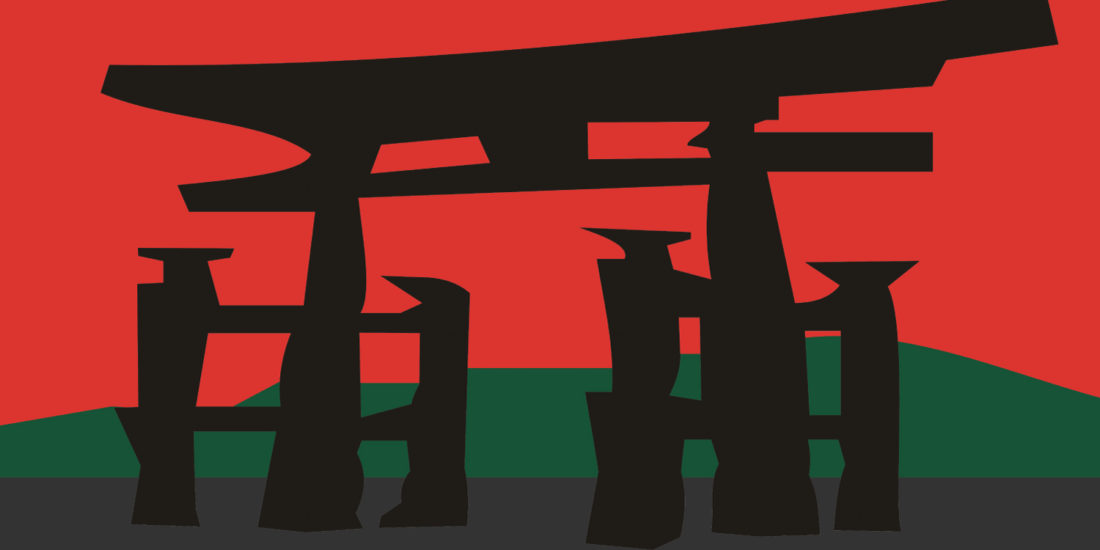The first panel presentation to be announced for the conference is a keynote presentation titled “Holy War’ as Portrayed in Japanese Films, 1937–45” by Brian Victoria from the Oxford Centre for Buddhist Studies, United Kingdom.
The MediAsia/KAMC2021 Organising Committees are currently calling for papers to be presented at the joint event; submit your abstracts by August 20.
To participate in MediAsia/KAMC2021 as an audience member, please register for the conference via the conference websites. Registration for either conference will allow delegates to attend sessions in the other.
The keynote will also be available for IAFOR Members to view online. To find out more, please visit the IAFOR Membership page.
Abstract
‘Holy War’ as Portrayed in Japanese Films, 1937–45
The invention of motion pictures at the end of the 19th century, followed by the advent of “talkies” in 1927, provided an effective means, together with newspapers and radio, for governments to keep their citizens informed. However, if it is true that one person’s “freedom fighter” is another’s “terrorist”, then it is also true that government “information” and government “propaganda” are closely related, so much so that, at times, they are nearly indistinguishable. At no time are the differences between the two less distinguishable than when nations go to war, for the governments of the warring parties require both the wealth and the very lives of their citizenry.
In 2001 Anne Morelli wrote a book entitled The Basic Principles of War Propaganda in which she described ten principles of war propaganda that manifest themselves in the media of countries party to the conflict. Using these principles as an analytic tool, this presentation will examine a series of WWII films produced by the Imperial Japanese military, both dramas and documentaries, to reveal the nature of wartime Japanese propaganda. The presentation’s ultimate goal is to enhance participants’ ability to identify and withstand government propaganda, especially during wartime.
Speaker Profile
Brian Victoria
Oxford Centre for Buddhist Studies, United Kingdom

Brian Victoria is a native of Omaha, Nebraska and a 1961 graduate of Nebraska Wesleyan University in Lincoln, Nebraska. He holds a MA in Buddhist Studies from Sōtō Zen sect-affiliated Komazawa University in Tokyo, and a PhD from the Department of Religious Studies at Temple University.
In addition to a second, enlarged edition of Zen At War (Rowman & Littlefield, 2006), Brian's major writings include Zen War Stories (RoutledgeCurzon, 2003); an autobiographical work in Japanese entitled Gaijin de ari, Zen bozu de ari (As a Foreigner, As a Zen Priest), published by San-ichi Shobo in 1971; Zen Master Dōgen, coauthored with Prof. Yokoi Yūhō of Aichi-gakuin University (Weatherhill, 1976); and a translation of The Zen Life by Sato Koji (Weatherhill, 1972). In addition, Brian has published numerous journal articles, focusing on the relationship of not only Buddhism but religion in general, to violence and warfare.
From 2005 to 2013 Brian was a Professor of Japanese Studies and director of the AEA “Japan and Its Buddhist Traditions Program” at Antioch University in Yellow Springs, OH, United States. From 2013 to 2015 he was a Visiting Research Fellow at the International Research Center for Japanese Studies in Kyoto, Japan. His latest book, Zen Terror: The Death of Democracy in Prewar Japan was published by Rowman & Littlefield in February 2020. Brian is currently a Senior Research Fellow at the Oxford Centre for Buddhist Studies and a fully ordained Buddhist priest in the Sōtō Zen sect.

